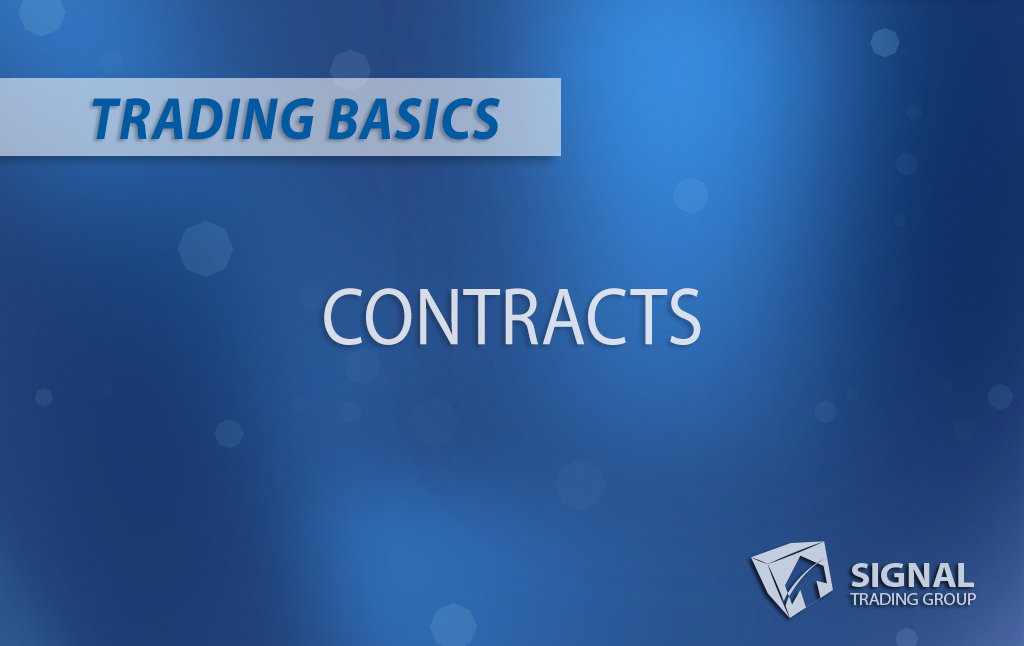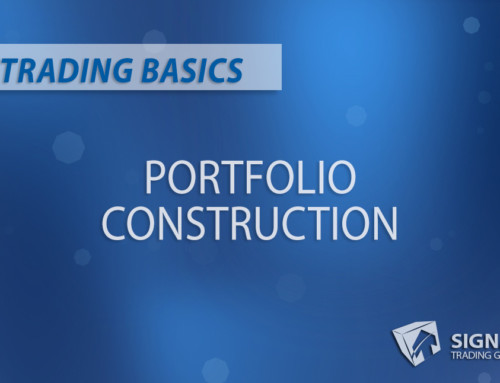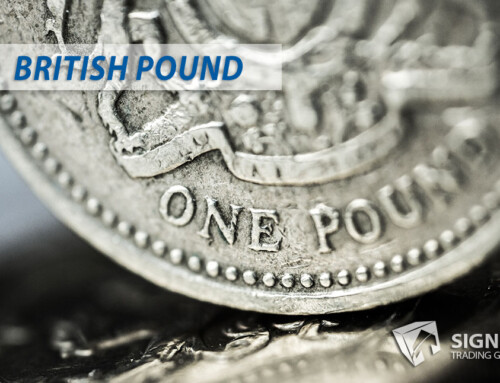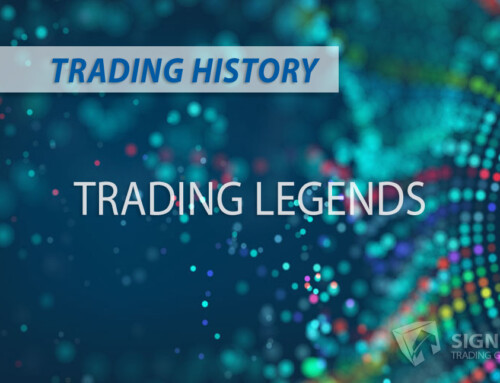First Notice Day
If you’re a new trader, you may have encountered the term “First Notice Day” and wondered about its importance. Worry not! In this blog, we’ll delve into what First Notice Day entails, its relevance in the trading world, and why it’s vital to understand this fundamental concept as a novice trader.
First Notice Day (FND) is when the holders of a futures contract may receive a notice of delivery for the underlying commodity from the seller. It is critical in futures trading, especially when dealing with physically settled contracts like agricultural goods, metals, and energy. Knowing the FND timeline can help traders avoid unintentionally taking delivery of these commodities, resulting in unexpected costs, logistical complications, and overall impact on your trading strategy.
To start, let’s break down the different aspects of First Notice Day:
- Futures contracts and physical delivery: A futures contract is an agreement between a buyer and a seller to exchange an asset at a predetermined date and price. While many traders choose to close or roll over their positions before delivery, some contracts are designed to be physically settled. When the contract expires, the buyer takes possession of the underlying asset.
- First Notice Day vs. Last Trading Day: FND differs from the last trading day, typically when trading in a futures contract ends. The time between FND and the last trading day may vary depending on the contract specifications. As a rule of thumb, traders should exit or roll over their positions before the FND to avoid delivery notices and keep their trading plans intact.
- Importance of monitoring contract dates: Each futures market has unique rules and schedules surrounding FND. You must familiarize yourself with the contract calendar and know when the FND is approaching. Most trading platforms provide contract expiration details, and exchange websites can also provide valuable information.
- Potential risks and costs involved: Ignoring the FND can lead to unexpected costs and complications. If you don’t close your position in time, you might receive a delivery notice and be obligated to take physical possession of the underlying asset. This process can trigger additional costs and responsibilities, such as storage fees and transportation arrangements.
In conclusion, understanding the importance of First Notice Day and the potential consequences of overlooking it is an essential step in mastering the art of trading. As you gain experience and become more familiar with the futures market, you’ll adapt to its rhythms and be better prepared to stay ahead of the curve.





